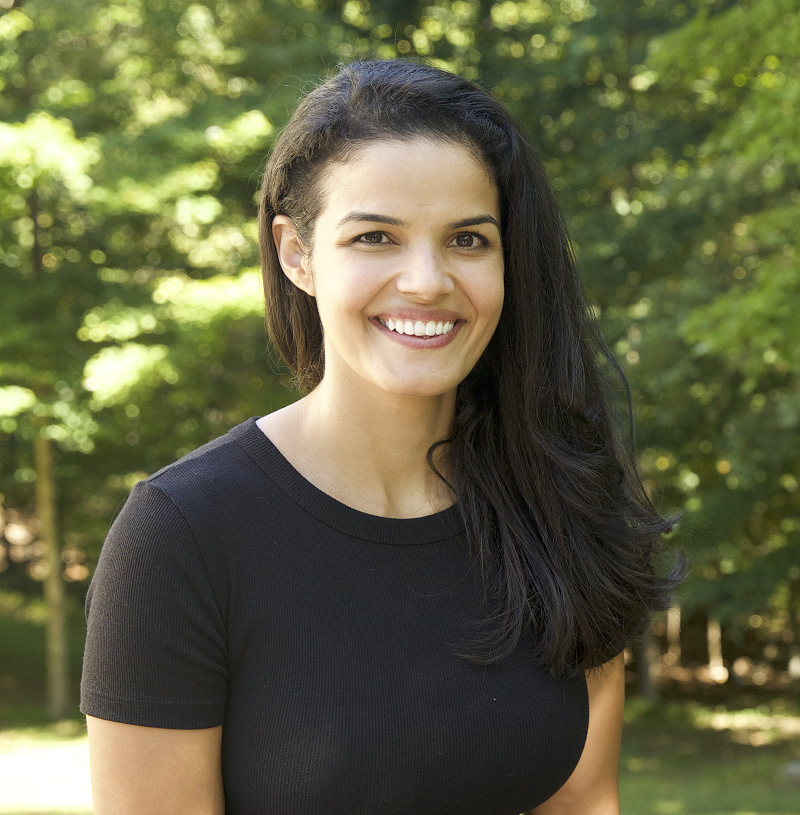In the wake of the historic re-election of Donald Trump as the president of the United States, Democrats in the Virginia House of Delegates Privileges and Elections Committee advanced three constitutional amendments on November 13.
The amendments aim to enshrine protections for reproductive rights and same-sex marriage, and reinstate voting rights for people convicted of a felony. Both House Joint Resolutions No. 1 and No. 2, which pertain to abortion access and voting rights respectively, passed the committee 12-9 along party lines. A handful of Republican legislators joined Democrats to pass protections for same-sex marriages.
First introduced by House Majority Leader Charniele Herring on November 20, 2023, HJ 1 calls for an amendment to Article I of the Constitution of Virginia by adding section 11-A, which protects the right to “reproductive freedom, including the ability to make and carry out decisions relating to one’s own prenatal care, postpartum care, contraception, abortion care, miscarriage management, and fertility care.” Under the proposed amendment, abortion access in the third trimester would still be legislatively restricted to instances when a physician deems it medically necessary to “protect the life or physical or mental health of the pregnant individual” or “the fetus is not viable.”
Current law requires that three physicians find termination necessary to protect the life of the mother prior to performing a third-trimester abortion.
While pro-choice advocates and legislators have emphasized the need for the constitutional amendment following the overturn of Roe v. Wade in 2022, pro-life representatives and organizations criticized both the content of the resolution and the lack of time given for the committee to review the new version of the amendment prior to voting.
Under HJ 2, the language in Section I of Article II of the state constitution would be amended to still restrict voting rights of those currently incarcerated for a felony conviction, but fully restore voting rights upon release without requiring any further action. Virginia is one of 10 states that does not automatically restore the voting rights of those convicted of a felony upon completion of their sentence.
The final resolution, HJ 9, would repeal and replace an existing amendment.
While same-sex couples have held the right to marriage nationwide since the Obergefell v. Hodges decision by the Supreme Court in 2015, the Virginia Bill of Rights still includes Section 15-A of Article I—a 2006 amendment that explicitly defines marriage as between one man and one woman. If approved, HJ 9 would almost completely rewrite Section 15-A of Article I to protect “the issuance of marriage licenses to two parties contemplating a lawful marriage” regardless of the “sex, gender, or race of such parties.”
Following the Supreme Courts’ Dobbs v. Jackson Women’s Health Organization decision, many LGBTQ+ activists are concerned that Obergefell may be overturned. If the Supreme Court reversed its previous decision, Virginia’s existing prohibition on same-sex marriage would go back into effect.
Making amendments to the state constitution is a lengthy process in Virginia. Before they’re put to voters, the resolutions must be approved by the state legislature in two different years separated by a General Assembly election. The earliest the proposed amendments could appear on the ballot is November 2026.
Charlottesville-area delegates Katrina Callsen and Amy Laufer both support the resolutions.
“Virginia is taking the first step in a process to safeguard freedoms we hold dear: reproductive rights, marriage equality, and voting rights,” said Callsen in a November 13 Facebook post. “Our Constitution should protect all Virginians—today, tomorrow, and for generations.”



